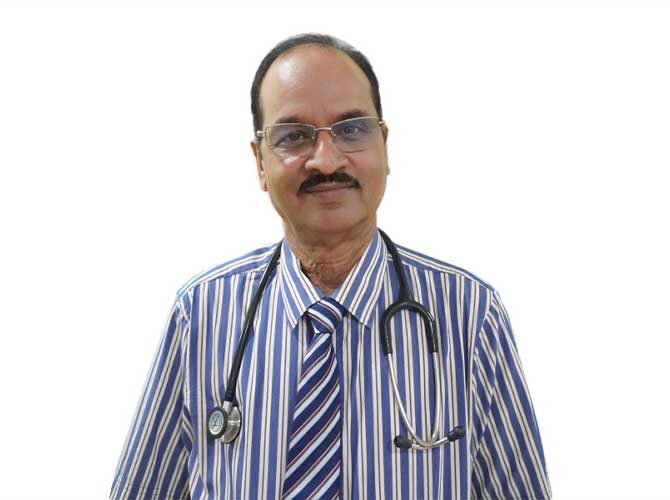A pediatric doctor, also known as a pediatrician, is a medical professional who specializes in the healthcare of infants, children, and adolescents. They work in hospitals and clinics, providing medical care, preventive services, and treatment for a wide range of pediatric conditions.
Here are some key responsibilities of a pediatric doctor in a hospital:
- Routine Check-ups and Well-child Care: Pediatricians provide routine check-ups and well-child care to monitor the growth, development, and overall health of infants, children, and adolescents. They assess vital signs, track growth milestones, administer vaccinations, and provide guidance on nutrition, safety, and age-appropriate activities.
- Diagnosis and Treatment of Illnesses: Pediatric doctors diagnose and treat various acute and chronic illnesses in children. They assess symptoms, perform physical examinations, order and interpret diagnostic tests, and prescribe appropriate medications or treatments. Common conditions they address include respiratory infections, gastrointestinal disorders, allergies, skin conditions, and childhood injuries.
- Preventive Care: Pediatricians emphasize preventive care to promote children’s health and well-being. They provide guidance on immunizations, disease prevention, nutrition, and developmental milestones. They may also conduct developmental screenings and identify early signs of developmental delays or behavioral issues.
- Management of Chronic Conditions: Pediatric doctors manage chronic conditions in children such as asthma, diabetes, epilepsy, and genetic disorders. They work closely with families to develop comprehensive care plans, monitor treatment effectiveness, and provide ongoing support and education.
- Pediatric Emergency Care: Pediatricians are trained to provide emergency care to children in hospital settings. They respond to urgent medical situations, stabilize critically ill or injured children, and coordinate with other healthcare professionals in emergency departments or intensive care units.
- Collaboration with Specialists: Pediatric doctors collaborate with pediatric subspecialists, such as pediatric surgeons, pediatric cardiologists, pediatric neurologists, and others, to provide specialized care for specific conditions. They coordinate referrals, consult on complex cases, and ensure comprehensive and coordinated care for their patients.
- Communication with Families: Pediatricians have frequent interactions with parents and caregivers, explaining medical conditions, discussing treatment plans, and addressing concerns. They provide guidance on parenting, child development, and preventive measures to promote the overall well-being of children.
To become a pediatric doctor, one must complete medical school and a residency program in pediatrics. Some pediatricians may choose to pursue additional fellowship training in subspecialties like pediatric cardiology, pediatric oncology, pediatric neurology, or pediatric emergency medicine.
Pediatric doctors play a crucial role in promoting the health and well-being of children. They provide comprehensive medical care, guide families through their child’s growth and development, and advocate for children’s health issues in the community.




